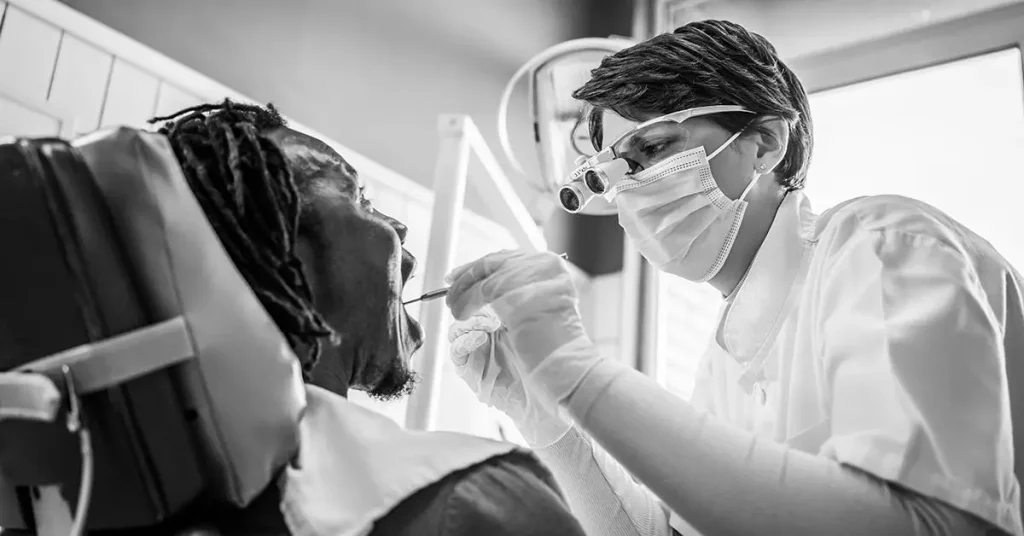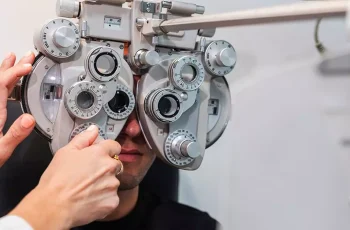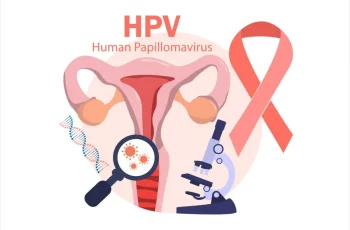Ad Blocker Detected
Our website is made possible by displaying online advertisements to our visitors. Please consider supporting us by disabling your ad blocker.
Oral health is a cornerstone of overall wellness, far beyond just a bright smile. Neglecting it can lead to serious consequences, including an increased risk of cancers, particularly oral cancer. A 2023 meta-analysis revealed that tooth loss nearly doubles the risk of oral cancer, pointing to intricate connections involving chronic inflammation, dietary habits, and oral microbes. Understanding and prioritizing oral health is essential for reducing these risks and enhancing quality of life.

Cavities and Tooth Loss: More Than Just Dental Issues
Cavities, or dental caries, result from tooth decay caused by poor oral hygiene and diets high in sugar. Acid-producing bacteria in the mouth erode enamel, the tooth’s protective outer layer. Key risk factors for cavities include irregular brushing, inadequate fluoride use, dry mouth from medications like chemotherapy, and physical or cognitive conditions that hinder self-care. These factors weaken oral health, potentially increasing susceptibility to systemic diseases, including cancer.
Tooth loss, often a consequence of untreated cavities or gum disease, is a significant concern. It not only affects chewing and nutrition but also has broader health implications. The 2023 meta-analysis highlighted that individuals with tooth loss face a significantly higher risk of oral cancer, possibly due to chronic inflammation or microbial imbalances in the mouth. These findings emphasize that oral health is a critical component of systemic health.
How Oral Health Connects to Cancer Risk
The link between poor oral health and cancer involves several potential mechanisms. Chronic inflammation from cavities or gum disease, such as periodontitis, may trigger cellular changes that promote malignancy. Persistent bacterial infections in the mouth could also weaken the immune system, creating an environment conducive to cancer development. While the exact pathways are still under investigation, the association underscores the importance of maintaining oral health to mitigate these risks.
Additionally, lifestyle factors like high sugar consumption and tobacco use exacerbate both cavity formation and cancer risk. Diets rich in sugary foods and drinks fuel bacterial growth, accelerating enamel erosion and decay. Tobacco, a well-known carcinogen, further damages oral tissues, increasing vulnerability to malignancies. Addressing these risk factors through better oral hygiene and lifestyle changes is crucial for prevention.
Preventive Measures for Optimal Oral Health
Preventing cavities and tooth loss is achievable with consistent oral hygiene practices. Brushing twice daily with fluoride toothpaste strengthens enamel and combats decay. Flossing daily removes plaque and food particles from hard-to-reach areas. Fluoride, found in toothpaste, mouthwash, and often drinking water, is a proven ally in preventing tooth decay. Limiting sugary foods and drinks, as well as avoiding tobacco, further reduces the risk of cavities and related health issues.
Regular dental check-ups are vital for early detection of decay, gum disease, or early signs of oral cancer. Symptoms such as persistent mouth pain, sores that don’t heal, or unusual lumps should prompt immediate dental consultation. For individuals undergoing cancer treatments like chemotherapy or radiation, which can harm oral tissues and reduce saliva production, extra vigilance is necessary. Dentists may recommend special mouthwashes or treatments to protect oral health during and after such therapies.
The Broader Impact of Oral Health
Oral health affects more than just the mouth—it influences overall well-being. Poor oral hygiene can lead to pain, difficulty eating, and reduced quality of life, while also increasing the risk of serious diseases like oral cancer. By prioritizing oral care, individuals can reduce these risks and improve their overall health. Simple habits like brushing, flossing, and regular dental visits, combined with a balanced diet and avoiding harmful substances, form a robust defense against both dental and systemic health issues.
Taking Action for a Healthier Future
The connection between oral health and diseases like cancer highlights the need for proactive care. By adopting consistent oral hygiene practices, individuals can protect against cavities, tooth loss, and potentially cancer. Regular dental check-ups ensure early intervention, while lifestyle changes like reducing sugar and quitting tobacco further lower risks. Oral health is not just about aesthetics—it’s a vital part of a healthier, longer life.

Investing in oral health today can yield significant benefits tomorrow. By understanding the links between oral hygiene, tooth loss, and cancer risk, individuals can take informed steps to safeguard their well-being. Prioritize oral care, stay vigilant, and consult dental professionals regularly to maintain a healthy mouth and body.



